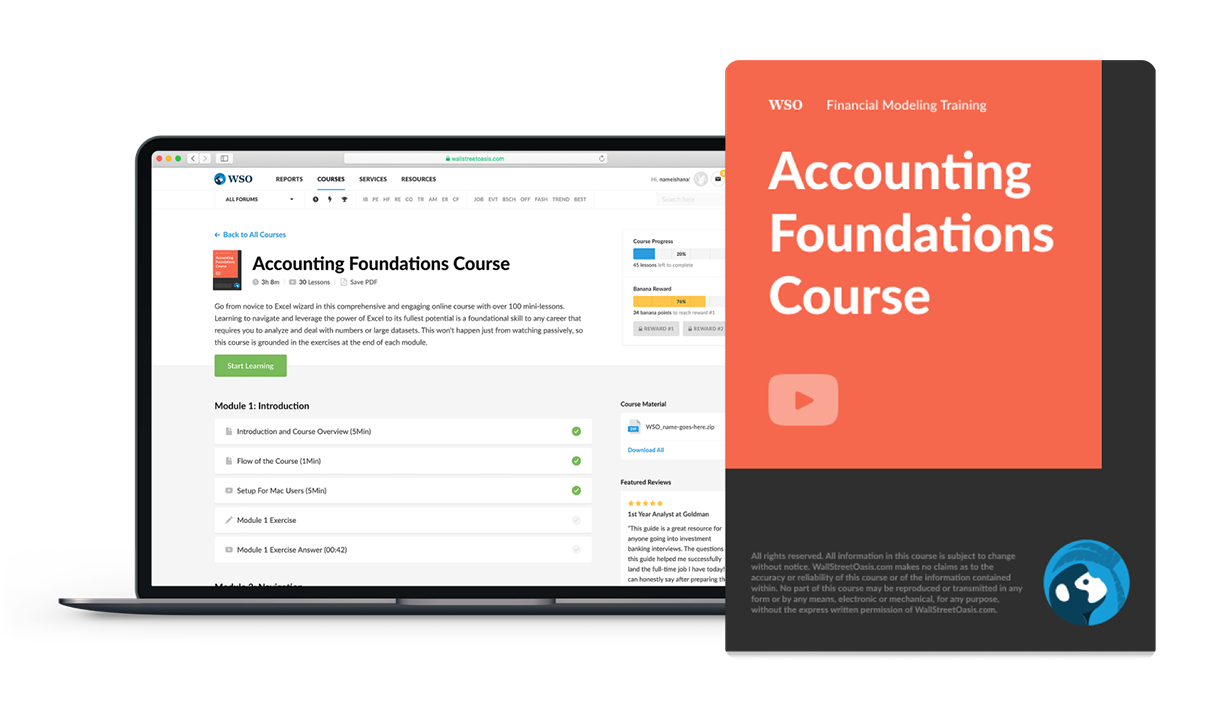Savings Account
An account that lets you deposit money while earning interest
What Is a Savings Account?
A savings account serves as a secure repository for your funds, whether you're setting aside money for specific goals, building an emergency fund, or simply seeking a safe haven for your cash.
It's often the first account individuals open due to its reliability and safety. Essentially, it's a deposit account with a bank or financial institution that offers interest, typically at a modest rate. Despite the lower interest, the stability and security make it an attractive option for keeping liquid assets accessible for urgent needs.
Savings accounts provide remarkable flexibility, catering to various financial objectives such as emergency funds, short-term savings goals (like vacations or vehicle purchases), or merely parking surplus funds to earn a bit of interest.
While some restrictions on withdrawals may apply, savings accounts remain highly flexible, making them suitable for short-term financial planning without risking your principal amount.
Most importantly, savings accounts are insured by the Federal Deposit Insurance Corporation (FDIC) in the U.S., safeguarding deposits up to $250,000 per depositor, thus ensuring your money's protection.
These accounts are particularly useful for:
- Emergency funds
- Short-term savings goals (e.g., vacations, weddings)
- Long-term objectives (e.g., retirement, education)
- Various expenses (e.g., tax payments, bill payments)
- Special occasions (e.g., weddings, home remodels)
Typically, savings accounts are fee-free when opened with banks or credit unions, though interest rates, often below 2% annually, may fluctuate according to the financial institution's policies.
Online banks generally offer higher interest rates due to their lower overhead costs. Examples of online banks include Ally Bank, SoFi, and Discover Bank.
Key Takeaways
- A savings account offers a safe place to store funds, whether for specific goals, emergencies, or general cash reserves.
- It's often the first choice for individuals due to its stability and security, providing peace of mind for depositors.
- While the interest rates are modest, savings accounts offer the benefit of earning interest on deposited funds, helping to grow savings over time.
- Deposits in savings accounts are insured by the Federal Deposit Insurance Corporation (FDIC) up to $250,000 per depositor, ensuring the safety of deposited funds.
Understanding Savings Accounts
Savings accounts offer a safe place to deposit, secure, and withdraw funds, often with a required minimum balance to avoid fees.
Withdrawal restrictions may apply, with some institutions limiting the number of withdrawals per statement cycle, typically 30 days. However, withdrawals made through a teller or ATM usually don't count toward this limit.
Exceeding withdrawal limits may lead to fees, account closure, or conversion to a checking account, though the Federal Reserve temporarily suspended this rule in April 2020 due to the COVID-19 pandemic.
Transfers to or from your account can be done via electronic transfer, direct deposit, or at a bank or ATM. Additionally, Interest earned on your savings is taxable income, subject to your marginal tax rate if it exceeds $10 in interest income.
Banks and credit unions utilize the funds in your account to provide loans to other customers, playing a crucial role in fractional-reserve banking.
When choosing where to store your savings, consider various account options and the trustworthiness of the institution.
Savings Accounts Advantages and disadvantages
Advantages
- Savings Accounts are the safest place to store cash as most banks are insured by the FDIC for up to $250,000 per account owner and involve no risk
- Potential for growth from compounding interest
- They are liquid, as you can withdraw any amount of money at any time unless you surpass your withdrawal limit for the statement cycle
- Having multiple accounts or “buckets” within an account can help track your progress for personal financial goals
- Fast and easy to set up with few restrictions or fees
- It can be easily linked with a checking account
Disadvantages
- Higher yields available with other options, such as investments
- It may come with some restrictions, such as withdrawal limits or deposit minimums
- Loss of purchasing power over time as a result of interest rates being lower than inflation
Types of savings accounts
Let us check some of the types below:
1. Traditional savings accounts
The common option offered by brick-and-mortar banks, credit unions, and online banks with lower interest rates.
2. High-yield savings accounts
It offer significantly higher annual percentage yields (APY) compared to traditional savings accounts, particularly appealing to investors seeking higher returns and comfortable with online banking, yet they may not be ideal for those requiring frequent withdrawals due to withdrawal limits imposed by such accounts.
3. Money Market Accounts
Combining features of savings and checking accounts, these accounts offer interest on deposits along with debit card and check-writing capabilities, often with higher interest rates.
4. CD Account
Fixed-term savings accounts that offer competitive interest rates, but require the money to remain deposited for a specified period, often resulting in penalties for early withdrawal. They're favored by those who can afford to set aside funds without immediate need.
5. Specialty savings accounts
Designed for specific purposes like saving for a house or car payment, these accounts may have restrictions and are less commonly available.
Checking account Vs. savings account
Both are deposit accounts, but what they’re designed for differs.
| Checking Account | Savings Account |
|---|---|
| Intended for short-term | Intended for long-term |
| Low to no interest rate on the balance | The higher interest rate on balance for growth |
| No limit on withdrawals | Often have a limit on withdrawals |
| Debit card access | No debit card access |
| Unlimited deposits | Unlimited deposits |
Check to make sure your bank is FDIC-insured. You may be charged a penalty if you make too many withdrawals with a savings account, but not for a checking account.
How to open a savings account
Opening a savings account is a straightforward process that typically takes less than 30 minutes. Most banks offer online applications, while physical branches often have staff available to assist you. The account holder must be 18 years old to open an account. Some banks have options for opening an account for a minor.
Key factors to consider when selecting an account include:
- Interest rate and APY
- Initial deposit and minimum balance requirements
- Account fees and rate tiers
- Convenience of use and proximity to physical branches
- Additional savings options available
Requirements for opening an account usually include:
- Government-issued ID
- Social security number or taxpayer identification number
- Proof of address such as a utility bill
- Contact information
- Initial deposit if required by the bank
Simple guide to opening a savings account
- Choose a bank or credit union insured by the FDIC or NCUSIF.
- Ensure you meet the eligibility requirements.
- Gather necessary documentation and information.
- Initiate the application process either in person or online.
- Select the appropriate type of account for your needs.
- Make the initial deposit.
- Review the account agreement upon approval.
Savings Account FAQs
One alternative is a money market account. These accounts typically pay more interest than a traditional savings account. They combine elements of both savings and checking accounts.
Another alternative is a certificate of deposit (CD), which provides the opportunity to earn more interest. However, the funds must go untouched for at least six months. The time commitments can vary depending on the CD and the interest rate.
Both of these are alternative methods to providing secure storage of your cash. Always research the best option for your current financial needs and situation.
The interest earned is considered taxable income. You will receive a 1099-INT form from your financial institution if you earned more than $10 in interest in the past year. The interest is taxed at your marginal tax rate.
You cannot lose money even if the bank fails because your money is insured by the FDIC up to $250,000 per depositor, per insured bank. The account revolves around the security of your money.
Your purchasing power can be weakened by inflation over time, but the amount of money in the account cannot be lost.
The amount you should have saved depends on your:
- Age
- Financial situation
- Lifestyle
- Dependents
- Income streams
However, it is wise to save at least three months' worth of living expenses. This can serve as a safety net in the event of an emergency where you lose your job, or an unexpected situation ensues.
For example, let’s say your living expenses for one month are around $3,000. Then, to have three months of living expenses saved, you should save at least $9,000 in your account.
Even though there is no ideal amount, saving even a little bit can help in the event of an emergency.

Everything You Need To Build Your Accounting Skills
To Help You Thrive in the Most Flexible Job in the World.
Free Resources
To continue learning and advancing your career, check out these additional helpful WSO resources:



or Want to Sign up with your social account?